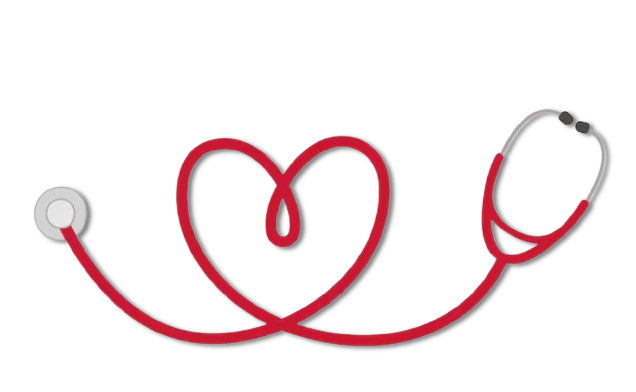Heart failure is a chronic condition where the heart doesn’t pump blood as well as it should. Despite the name, heart failure doesn’t mean the heart has stopped working. It indicates that the heart muscle is weakened and unable to supply the body’s cells with enough blood, leading to fatigue, shortness of breath, and other symptoms. Effective management of heart failure involves a combination of lifestyle changes, medication, and sometimes surgical procedures. This guide will provide a comprehensive overview of how to manage heart failure to improve quality of life and reduce complications.

Understanding Heart Failure
Types of Heart Failure
- Left-Sided Heart Failure: The most common type, where the left ventricle doesn’t pump efficiently, leading to fluid buildup in the lungs.
- Right-Sided Heart Failure: Occurs when the right ventricle fails, causing fluid to build up in the abdomen, legs, and feet.
- Congestive Heart Failure: A term often used interchangeably with heart failure, particularly when fluid buildup (congestion) is involved.
Symptoms of Heart Failure
- Shortness of breath
- Fatigue and weakness
- Swelling in legs, ankles, and feet
- Rapid or irregular heartbeat
- Reduced ability to exercise
- Persistent cough or wheezing
- Increased need to urinate at night
Causes and Risk Factors
- Coronary artery disease
- High blood pressure
- Diabetes
- Obesity
- Heart valve disease
- Irregular heartbeats
Diagnosis of Heart Failure
Diagnosis typically involves a thorough medical history, physical examination, and several tests, including:
- Echocardiogram: To assess the heart’s structure and function.
- Electrocardiogram (ECG): To detect heart rhythm problems.
- Blood Tests: To check for signs of diseases that can affect the heart.
- Chest X-Ray: To see the condition of the lungs and heart.
- Stress Test: To measure the heart’s response to exertion.
- Cardiac MRI: To provide detailed images of the heart.
Treatment Options
Lifestyle Changes
- Dietary Modifications: Reduce salt intake to decrease fluid retention, eat a heart-healthy diet rich in fruits, vegetables, whole grains, and lean proteins.
- Regular Exercise: Engage in physical activities as recommended by a healthcare provider to strengthen the heart.
- Weight Management: Maintain a healthy weight to reduce the heart’s workload.
- Quit Smoking and Limit Alcohol: Smoking and excessive alcohol can worsen heart failure.
Medications
- ACE Inhibitors and ARBs: Help relax blood vessels and reduce the workload on the heart.
- Beta-Blockers: Reduce blood pressure and improve heart function.
- Diuretics: Help eliminate excess fluid from the body.
- Aldosterone Antagonists: Reduce fluid buildup and improve heart function.
- Digoxin: Helps the heart beat stronger and with a more regular rhythm.
Medical Procedures and Surgery
- Coronary Bypass Surgery: Improves blood flow to the heart muscle.
- Heart Valve Repair or Replacement: Corrects issues with the heart valves.
- Implantable Devices: Such as pacemakers or defibrillators to help control heart rhythm.
- Heart Transplant: In severe cases, a heart transplant may be necessary.
Monitoring and Follow-Up
Regular follow-up with a cardiologist is crucial. Monitoring involves:
- Tracking weight daily to detect fluid retention.
- Keeping a record of symptoms and any changes.
- Regularly reviewing medications and dosages.
- Undergoing periodic tests to monitor heart function.
Living with Heart Failure
Emotional and Psychological Support
Living with heart failure can be challenging. It’s essential to seek support from family, friends, or support groups. Counseling or therapy can also be beneficial in managing the emotional and psychological impact of the condition.
Patient Education
Educating patients about their condition, treatment options, and lifestyle modifications is critical. Understanding heart failure empowers patients to make informed decisions and take an active role in their care.
Heart failure is a serious condition that requires comprehensive management. By combining lifestyle changes, medication, and medical interventions, patients can improve their quality of life and reduce the risk of complications. Regular monitoring and follow-up care are essential in managing this chronic condition effectively. If you or a loved one is living with heart failure, consult with a cardiologist to develop a personalized treatment plan. At Saeed International Hospital, our team of experts is dedicated to providing exceptional care and support to help manage heart failure and improve overall heart health.
